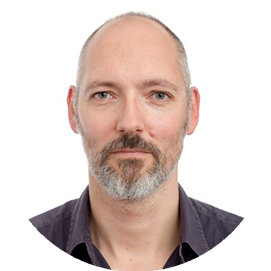Wann?
16.12.2021
12 - 13 Uhr
Wo?Zoom
Referent*in:Prof. Dr. Michael Windzio
Professor of Sociology of Migration and Urban Research
SOCIUM – Research Center on Inequality and Social Policy
FB 08 – Sociology
Anmeldung:
Leider ist der Kurs schon ausgebucht. »Hier können Sie sich auf die Warteliste setzen lassen. Sobald ein Platz frei wird, melden wir uns.
Bei Fragen zu unseren Workshops, schreiben Sie uns gerne eine E-MAIL.
« zurück
Abstract
The world-wide gender gap in education depends not just on countries' economic performance, but also on cultural factors. However, world cultures are not fixed entities. Rather, culture is a characteristic of groups as well as of (world-)regions. How do global cultures moderate women's low education? Based on data of the World Value Survey, this study applies Latent Profile Analysis to generate a fuzzy-set typology of cultures in the world, but based on individuals instead of nation states. Individuals do not belong exclusively to one culture, but to several cultures simultaneously, with varying probabilities. In the second step, cross-classified logistic multilevel models test the country-time specific effects of 'female' on the risk of getting (at best) low education, controlling for various individual and country-specific factors. Cross-level interactions show that the 'female' effect on low education is indeed moderated by world cultures, but neither world cultures, economic factors nor individual characteristics completely explain the strength of the female effects.
About the Speaker
Michael Windzio, *1970, studied sociology, political science, psychology and education at the University of Heidelberg, M.A. in sociology. 1998-2004 research assistant at the SFB 186 and assistant at the University of Bremen, 2004-2006 associate research director at the Criminological Research Institute of Lower Saxony, since 2006 professor of sociology, focus on migration and urban research at the University of Bremen. 2010-2014 spokesperson of the Institute for Empirical and Applied Sociology (EMPAS), 2014-2015 acting spokesperson of the SOCIUM.
 Speaker:
Speaker:
Prof. Dr. Michael Windzio